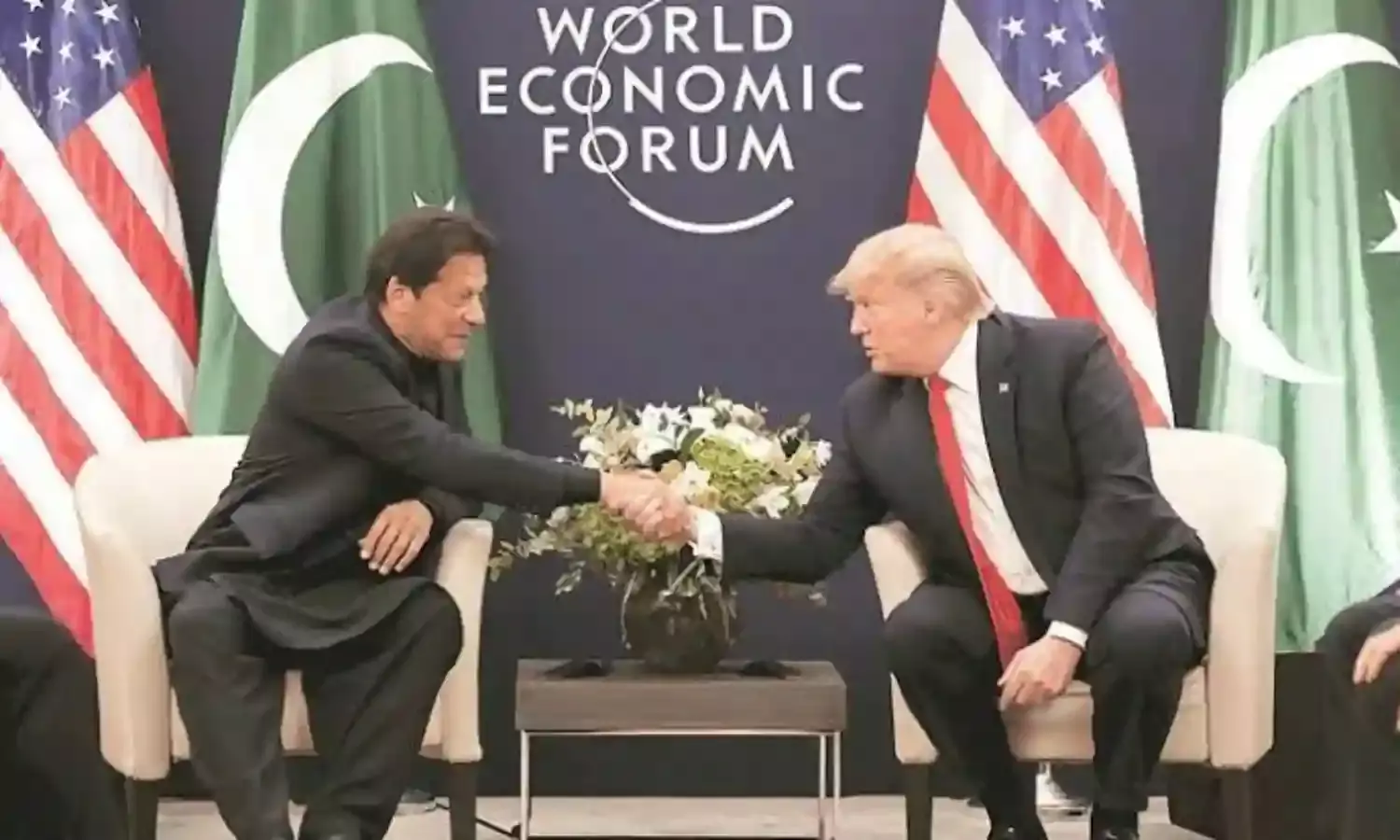FATF Resurrects Pakistan As India Watches
China pressure

This is what someone high-up in the S Jaishankar-led Ministry of External Affairs admitted to a newspaper after the unpreventable debacle at the Paris meeting of the Financial Action Task Force (FATF) on January 23: “It was a bit surprising the way US, UK, France, Germany, Australia, New Zealand and even Japan, all of them favoured Pakistan. There is a strong case against Pakistan, as has been since it was put on the grey list, it it was geopolitics at play…seems the changing geopolitical environment helped Pakistan.”
That by end-2020 Pakistan will be well out of FATF is also something that has been all but communicated to Islamabad, this even though it has so far complied with only 7 of the 27 conditions but has been “deemed” by FATF, for reasons not clarified, as having met 17 of them.
What is astonishing is that seasoned Indian diplomats, with Jaishankar in the van, are surprised that geopolitics is why so many of the Western countries and Japan that the Modi government has assiduously courted over the past 6 years have turned on Delhi and are now parroting the Chinese view that Pakistan should be rewarded for taking some actions to limit its support for anti-India terrorist gangs (LeT, JeM) active in Kashmir, to curtail the funds channeled to them and to close down the ISI-sourced terrorist money laundering operation generally. It shows just how clued MEA is to the verities of international relations! It is embarrassing the depths to which Indian diplomacy has plunged.
What is geopolitically obvious to every country in the world is apparently invisible to the Modi regime — that Pakistan having made itself pivotal to a solution in Afghanistan is now in a position to dictate how it wants to be treated where the niggling matter of its use of terrorism against India is concerned. Modi, Jaishankar, et al really believe that to the US and the West (with Japan as honorary member) the Pakistan army’s deployment of the LeT and JeM cadres in J&K is more important than Islamabad’s utility to them as the sole conduit to the Taliban!
America, of course, sets the agenda with the European states and Japan following it like lemmings. The context is that Trump (like Modi), with little by way of success in his foreign policy bag but facing impeachment and a re-election process, desperately needs to show that it was his Administration that disengaged the US military from its fruitless and expensive thrashings about in Afghanistan — to date costing the US over a trillion dollars! However, to advance this aim Pakistan’s help is crucial.
Islamabad has long recognized the leverage it, therefore, has with the US as long as Afghanistan remains on the boil. But its leaders have often lacked the nerve to play the leverage game, which deficiency is now corrected. The result is that like its mentor China (on nonproliferation), Pakistan is glorying in its position on Afghanistan as a stoker of the problem and as an unavoidable part of any eventual solution which will be delayed as much as is earthly possible by ISI whatever the nature of Imran’s promises of assistance to Trump.
That the Imran Khan government is preparing to play this high stakes game at this stage is not little due to the PM appointing as his Special Assistant for national security, Moeed Yusuf, a Washington thinktanker well versed both in geopolitics and regarding Washington’s pressure points, who hitherto had offered clinical counsel through his op-eds in Pakistani newspaper. We can expect more such adroit diplomatic maneuvering by Pakistan and success, and egg on the face of India’s leaden-footed diplomacy.
It is the Indian government’s willful policy blindness to Pakistan’s geostrategic significance to Washington, among other things, as lever to keep India in place and to extort the decisions it desires from Delhi, even in the absence of any US military embroilment in Afghanistan, that makes Modi’s search for “decisive” US-qua-FATF action against Pakistan at once futile and even tragic.
Other than revealing the longstanding brain-freeze of the Indian government (that predated Modi regime) when dealing with the US and the West, on the one hand, and China on the other, the fact that it cannot even read the reality correctly, is sobering considering that it can so easily change, obtain and control a new reality were the country’s foreign and military policies not so instinctively and habitually subservient and skewed.
We know why Delhi kowtows to the US and the West (green card, and other considerations in kind, for progeny and relatives of diplomats and senior civil servants manning the Indian policy apparatus), but why does Modi genuflect before China even as Beijing repeatedly kicks it in the face, with FATF being only the latest instance?
Hard to make sense of Modi’s bending backwards to make Xi happy unless it is his deep sense of inferiority and hopelessness that he projects — as Indian leaders before him have done — about India’s will and ability to stand up and hit back and, therefore, deciding preemptively to give up, not be in the big power game at all. It is the diplomatic version of the coronavirus sourced from the Chinese city of Wuhan, the site of the Modi-Xi summit and the “Wuhan spirit” that the Indian PM has evoked ever since.
There’s always the thoroughly compromised Jaishankar to offer explanations and rationales, and whose utterances, a former senior foreign service colleague of his dismisses as mere “justifications” of Modi’s policy tilt of the moment.



